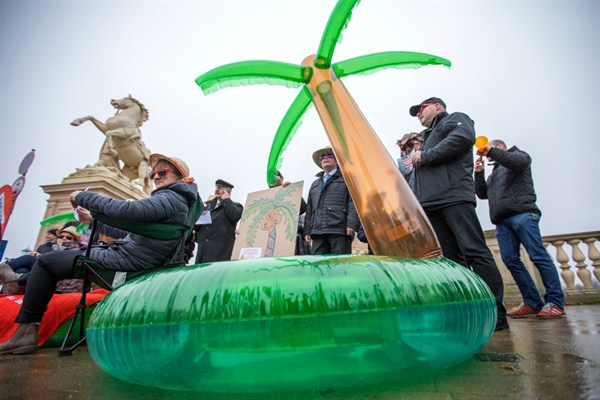Public interest in offshore banks and their financial services, particularly in the Caribbean, has risen considerably after revelations in two major leaks known as the Panama Papers and the Paradise Papers. The increasingly common practice of the super-rich, celebrities and political figures using Caribbean countries to shelter their income from taxes at home has been a gold mine for investigative reporters. The public outcries have pushed politicians to respond, most recently and prominently with the European Union’s decision to blacklist 17 tax havens “seen as not cooperative on tax matters,” including several in the Caribbean.
But the Caribbean side of this story is often overlooked amid all the disclosures of hidden money. It is unclear just how many tax havens exist because definitions of them vary. In the Caribbean, the list of tax havens generally includes the Cayman Islands, the Bahamas, the British Virgin Islands, Dominica, Nevis, Saint Kitts, Anguilla and Barbados. The offshore financial sector is vital to these islands’ economies and GDP. Around 60 percent of the British Virgin Islands’ annual revenue comes from offshore financial services, and the financial sector accounts for about one-third of its $1 billion economy.
The financial services across the Caribbean are far from monolithic, and tax rates vary considerably from country to country, with each having a niche. Bermuda is home to a third of the world’s top 50 reinsurers. The Cayman Islands have the most hedge funds. The British Virgin Islands is the principal residence for international business companies. The prevalence of tax havens on these islands often account for their ability to recover rapidly following hurricanes.

